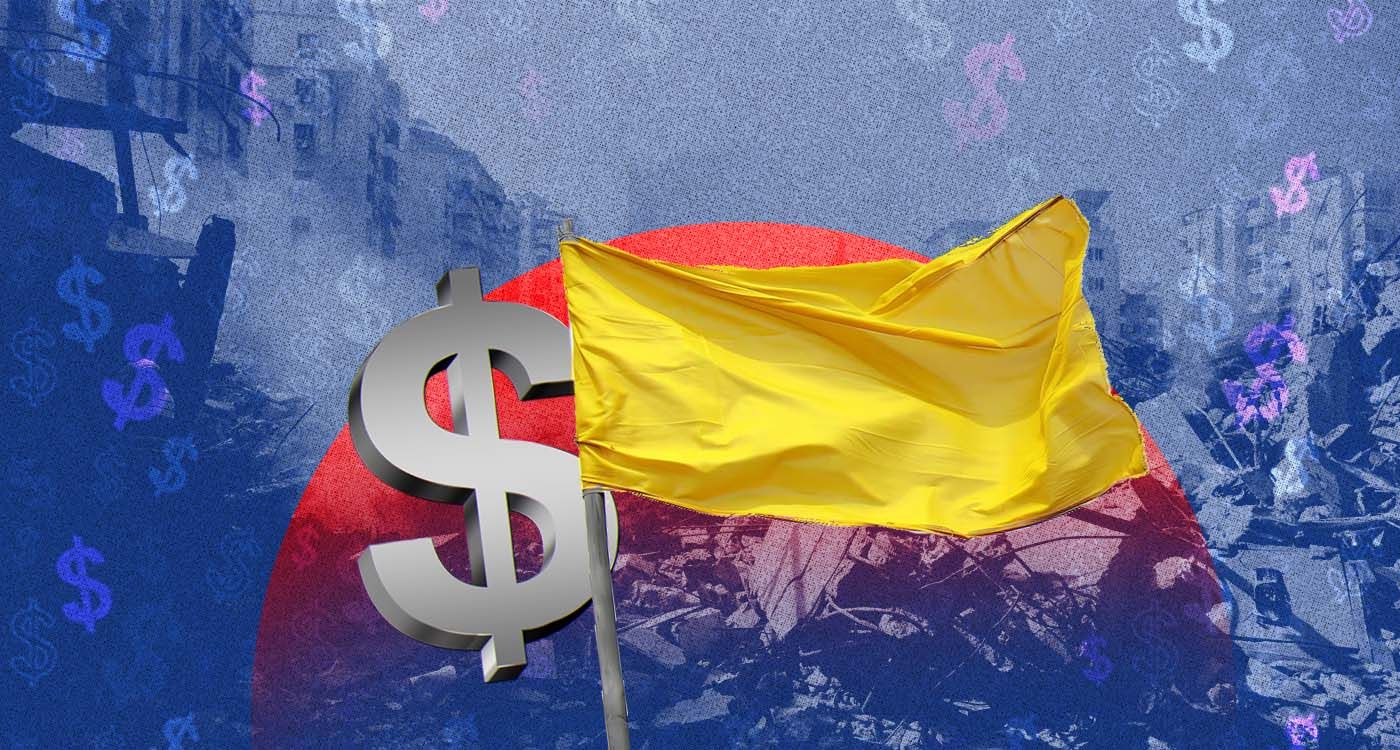
Hezbollah's financial capacity is estimated to be around one and a half billion dollars, based on general assessments, as the true extent of its funds remains unknown.
What is certain is that this money exists outside the banking system and is not part of any financial or economic framework affiliated with the Lebanese state.
From these funds emerged the phenomenon of “al-Qard al-Hassan” which, to her credit, was one of Ghada Aoun's most significant achievements. She decided not to react against it and refrained from pursuing the complaint regarding this association that evolved into a bank.
Al-Qard al-Hassan offered funds to individuals in exchange for gold or guarantees, with repayments made interest-free. While this practice may seem noble, it serves as fertile ground for money laundering and smuggling, as well as providing cover for certain illegal activities.
But what if we consider the total cost that Hezbollah has imposed on the Lebanese state, in addition to the one and a half billion dollars stored in Hezbollah's warehouses and its educational, medical, financial, and religious institutions?
We could estimate around 10 billion dollars in ongoing support for flour, medicine, and raw materials that were unfortunately smuggled into Syria during the period of continued support. The Lebanese treasury was drained of dollars, which were then smuggled out in cash or as subsidized goods, all while offering no benefits to the Lebanese people. This situation arose largely due to the illegal crossings that Hezbollah, through its political influence, refused to close. At that time, this was a matter of supporting the Syrian economy at Lebanon’s expense — a dynamic that is now mirrored in the support for Gaza, also at Lebanon's expense.
Additionally, we must account for the costs of investments that Hezbollah has facilitated through smuggling.
One fundamental principle of economics is that capital is risk-averse. Throughout the major crises in which Hezbollah has cast itself as the hero — from the invasion of Beirut Downtown to the events of May 7, and its involvement in the Syrian war and ‘Fajr al-Jouroud’ (Dawn of the Mountains) — capital has departed the country without restraint.
Above all, the sole lifeline for the Lebanese economy, once sustained by the Gulf states through their continuous support and assistance — has been severed due to the Captagon crisis that erupted between Lebanese entities and Gulf countries. In this context, Hezbollah, along with relatives of members from the Loyalty to the Resistance Bloc, has played the champion.
To crown this so-called divine victory, the electricity scandals surfaced, implicating the Free Patriotic Movement (FPM), the party’s former ally, only for Hezbollah to distance itself when the situation began to unravel. Without acknowledging the true extent of losses related to fuel, electricity support, and the issues surrounding the power ships, one can only imagine how much Hezbollah has concealed regarding various deals and scandals, as well as the costs borne by the people.
All these factors have resulted in Lebanon incurring losses far exceeding what was available in its banks.
If we were to reclaim the one and a half billion dollars from Hezbollah and hold it accountable for the costs it has imposed on the country since 2006, Lebanon could have enjoyed prosperity and stability, even positioning itself to lend to other nations.
Therefore, instead of boasting about the so-called “al-Qard al-Hassan” and comparing it to banks — claiming to safeguard people's money more than they do — imagine where our deposits would be today if Hezbollah hadn’t acted as it did, and how different our economic situation might be now.



Comments